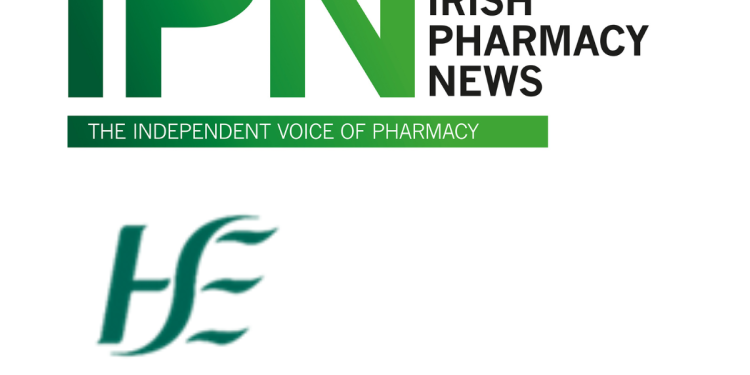Minister for Health, Jennifer Carroll MacNeill, TD, has formally signed new regulations under the Health (Miscellaneous Provisions) Act 2024, which will enable pharmacists to provide treatment for eight specified common conditions. Under this Common Conditions Service (CCS), participating pharmacists will be able to prescribe certain medicines for minor, often self-limiting conditions such as conjunctivitis and impetigo.
The Pharmaceutical Society of Ireland (PSI) has now launched training which must be completed by pharmacists who wish to deliver the Common Conditions Service in their own pharmacies. As per the recently agreed Community Pharmacy Agreement, all interested pharmacies must sign up to the service by 1 December 2025 and must deliver the service to the public by 31 March 2026, in order to receive a once-off allowance of €2,000.
It is anticipated that the Common Conditions Service will be made available to the public over the next few months as pharmacists begin to participate in the necessary education and training.
Welcoming the availability of training for pharmacists, Minister Carroll MacNeill said:
“Pharmacists are highly trained and highly trusted healthcare professionals who play a vital role in our communities and our health service every day.
“Guaranteeing faster access to treatment for common conditions will enable the public to access care in the right place, at the right time, by the right healthcare professional.
“I encourage all pharmacists to avail of this training, which will allow them to apply their expertise to facilitating faster treatment and care to all those in their communities.”
Speaking about the new service to be provided by pharmacists, Joanne Kissane, Registrar and Chief Officer of the PSI, said:
“The Common Conditions Service will expand community pharmacists’ ability to further support patients in the management and treatment of certain common conditions by enabling them to prescribe medicines where this is the most appropriate option.
“This expanded role for pharmacists builds upon their existing knowledge and expertise in medicines and clinical care. It is our role, as the pharmacy regulator, to ensure that pharmacists have the necessary training and other regulatory supports to deliver this new service safely and effectively to the public. Pharmacists who will provide the service are required to undertake additional training that is now available.”
Catch more at IPN HERE
Read IPN November HERE










